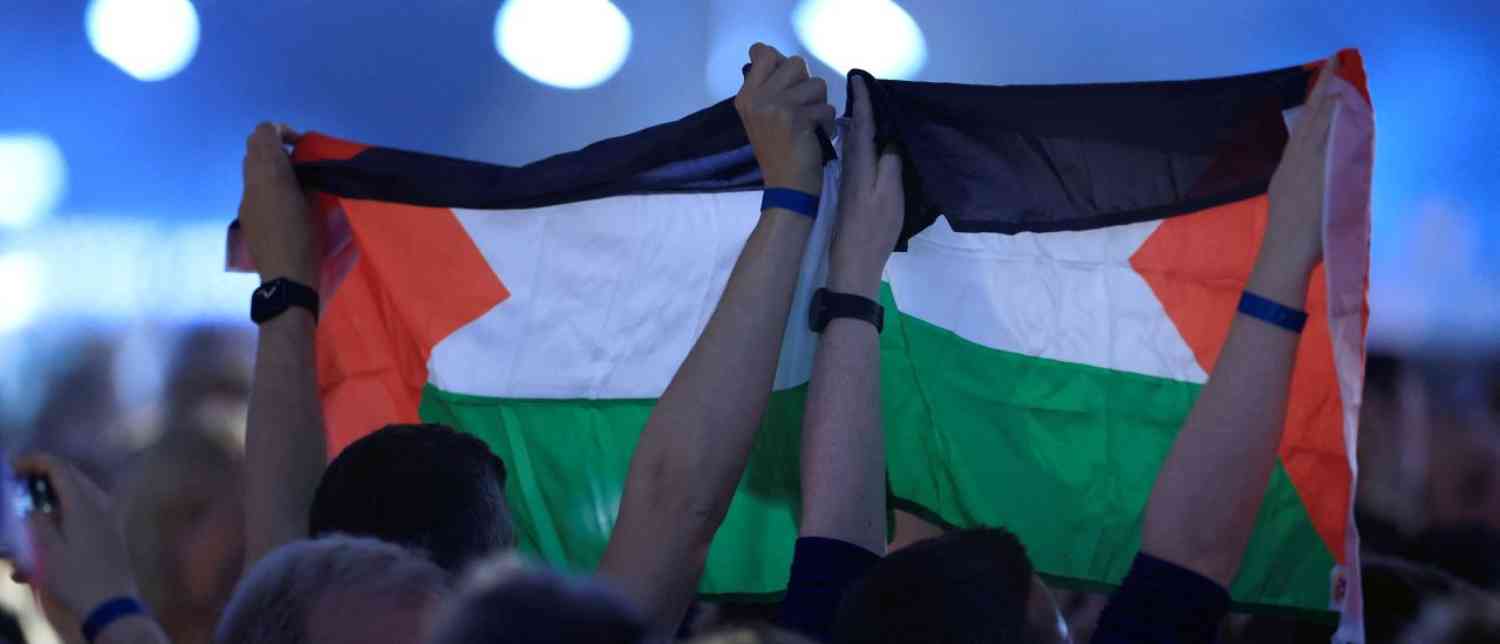In a historic diplomatic shift, momentum is building worldwide toward recognising Palestinian statehood — a move that could reshape decades of conflict dynamics in the Middle East. With more than 147 countries already extending recognition and new commitments from key nations like Australia, France, the United Kingdom, and Canada, the debate over Palestine’s sovereignty is reaching a critical turning point.
The push comes amid the backdrop of Israel’s ongoing war with Hamas, a humanitarian crisis in Gaza, and growing calls for a two-state solution as the most viable path to peace. This wave of recognition is both a symbolic gesture of support for Palestinian self-determination and a strategic effort to apply diplomatic pressure on Israel to halt hostilities and engage in negotiations.
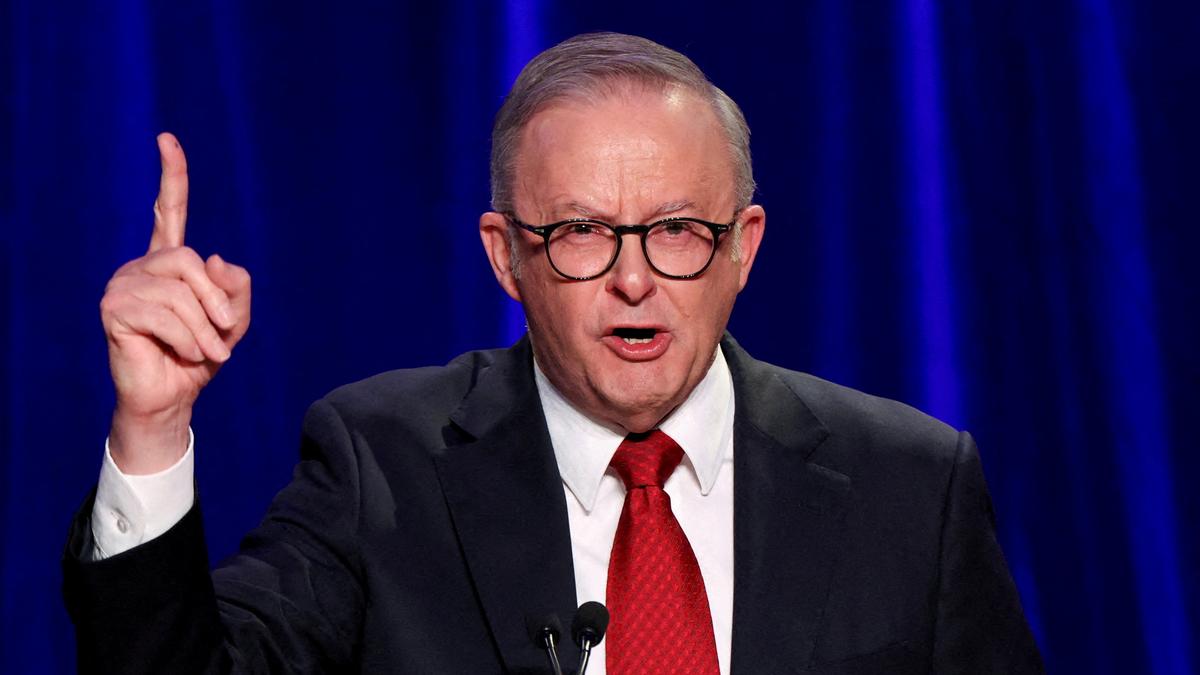
Australia’s Historic Announcement
On Monday, Australian Prime Minister Anthony Albanese announced that his country will recognise a Palestinian state in September 2025, following in the footsteps of recent declarations by France, the UK, and Canada. Speaking after a cabinet meeting, Albanese emphasised that recognition would depend on commitments from the Palestinian Authority (PA), including the exclusion of Hamas from any future government.
“We need a political solution, not a military one,” Albanese told reporters. “A two-state solution is humanity’s best hope to break the cycle of violence in the Middle East and to bring an end to the conflict, suffering, and starvation in Gaza.”
The Australian government’s stance supports Israel’s right to exist within secure borders while affirming Palestinians’ right to their own state. For Albanese, it has always been a matter of “when, not if.”
Australia’s recognition will align it with a growing list of Western powers taking decisive diplomatic action in support of Palestine, despite strong opposition from Israel.
New Zealand’s Possible Shift
Australia’s move immediately spurred discussions in New Zealand, where Foreign Minister Winston Peters confirmed that Wellington is considering recognition of Palestinian statehood. Prime Minister Christopher Luxon’s cabinet is set to decide by September, potentially announcing its position at the UN Leaders’ Week.
“New Zealand has been clear for some time that our recognition of a Palestinian state is a matter of when, not if,” Peters stated.
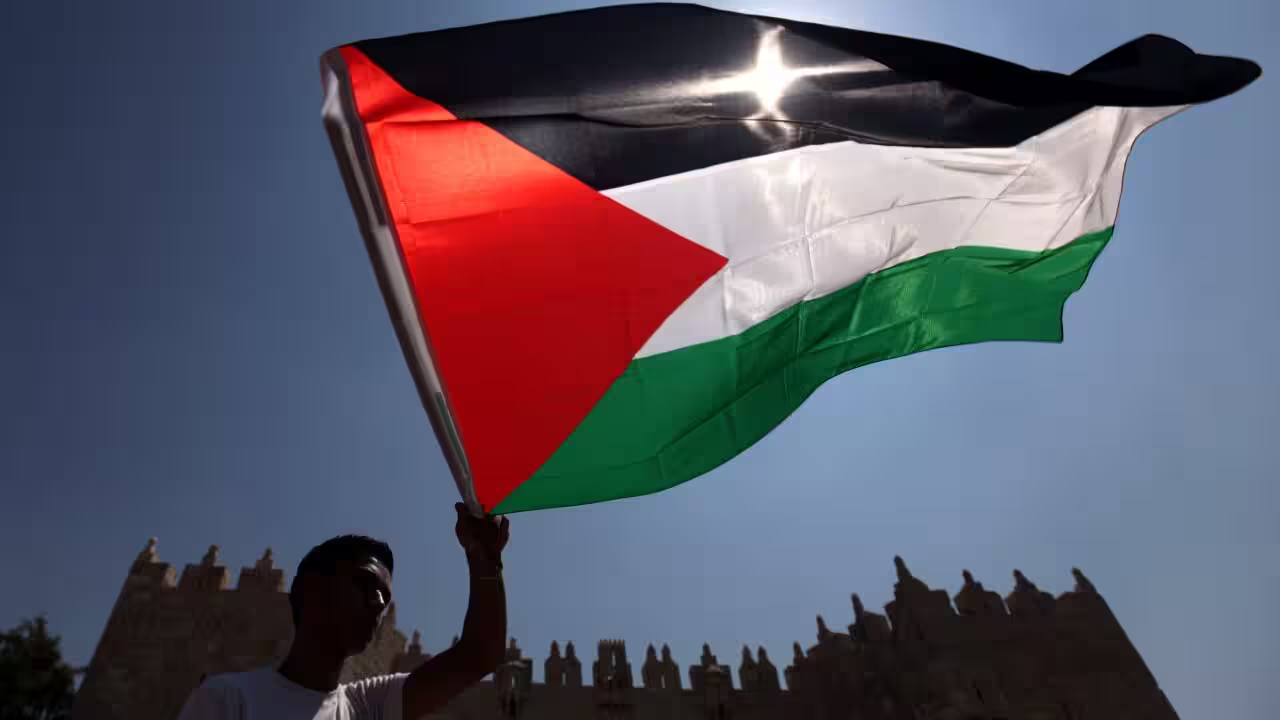
The Global Recognition Landscape
147 Countries and Counting
The State of Palestine is currently recognised by 147 of the 193 UN member states — approximately 75% of the international community — as well as the Holy See (Vatican City). Recognition spans Asia, Africa, Latin America, and much of Eastern Europe.
The most recent wave of recognition in 2024–2025 has come from:
|
Country |
Date of Recognition |
|---|---|
|
Mexico |
March 20, 2025 |
|
Armenia |
June 21, 2024 |
|
Slovenia |
June 4, 2024 |
|
Ireland |
May 22, 2024 |
|
Norway |
May 22, 2024 |
|
Spain |
May 22, 2024 |
|
Bahamas |
May 8, 2024 |
|
Trinidad and Tobago |
May 3, 2024 |
|
Jamaica |
April 24, 2024 |
|
Barbados |
April 20, 2024 |
A Historical Context
Recognition of Palestine dates back to November 15, 1988, when Yasser Arafat declared independence with Jerusalem as the capital during the First Intifada. More than 80 countries recognised Palestine immediately, largely from the Global South. The Oslo Accords of 1993 were meant to pave the way for statehood, but the vision of two states has never materialised.
By 2011, all African nations except Eritrea and Cameroon had recognised Palestine. The UN General Assembly upgraded Palestine’s status to “non-member observer state” in 2012 with 138 votes in favour.
G7 Countries Begin to Shift
For decades, the Group of Seven (G7) nations — Canada, France, Germany, Italy, Japan, the UK, and the US — have resisted recognising Palestine. That began to change in 2024 when France, the UK, and Canada announced plans for recognition, each with different conditions:
-
France: To formally recognise Palestine at the UN in September 2025, possibly during a conference in New York, while urging reciprocal recognition of Israel by Middle Eastern states.
-
United Kingdom: Recognition contingent on Israel agreeing to a Gaza ceasefire and increasing humanitarian aid.
-
Canada: Recognition tied to Palestinian Authority reforms, including democratic elections in 2026 without Hamas participation.
Australia, Malta, Portugal, and Luxembourg have also indicated upcoming recognition.
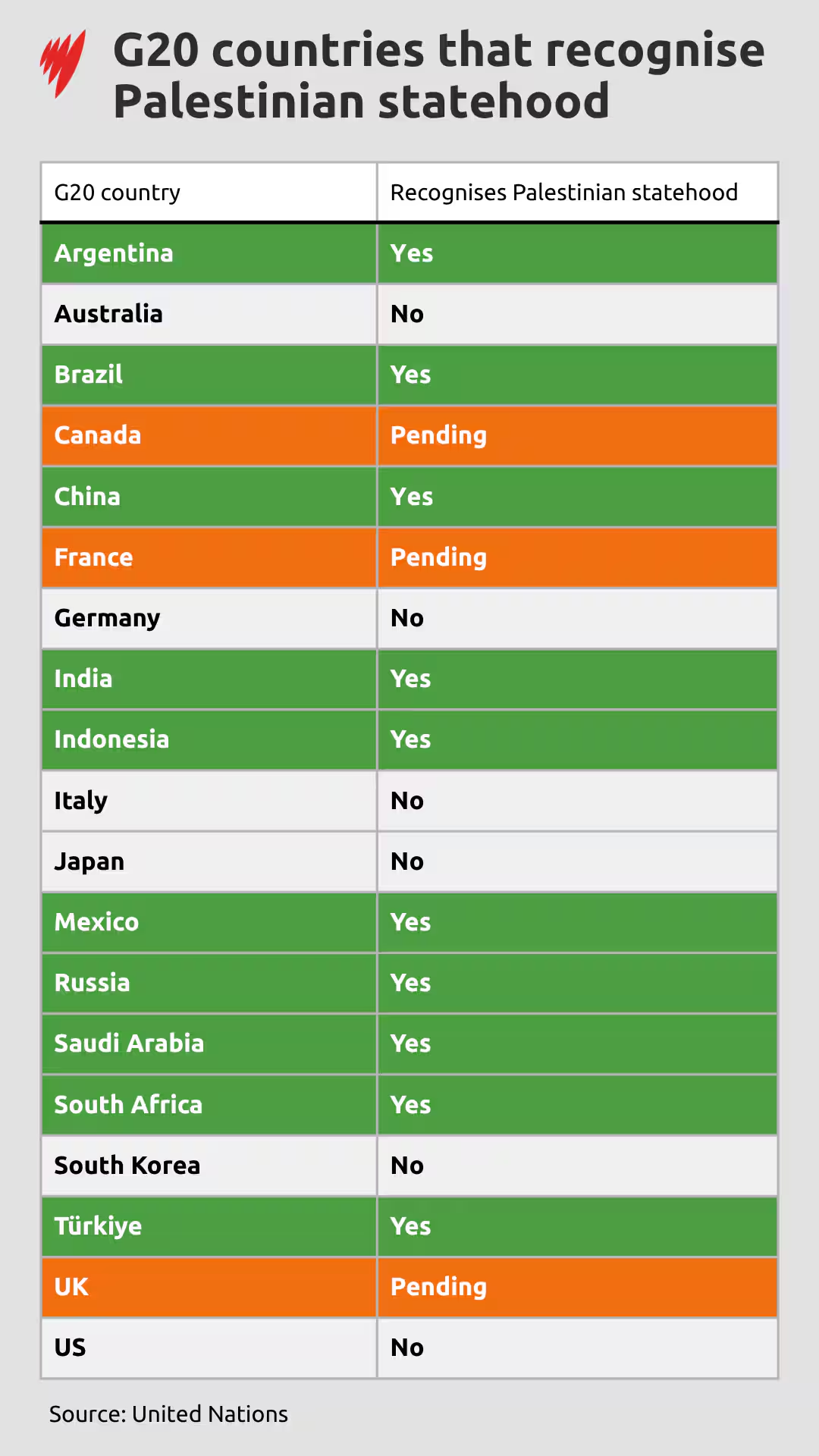
What Recognition Means Under International Law
According to the Montevideo Convention of 1933, a sovereign state requires:
-
A permanent population
-
A defined territory
-
An effective government
-
The capacity to enter into international relations
While recognition is not strictly a legal requirement for statehood, it is vital for participating in global diplomacy. In Palestine’s case, recognition acknowledges its right to sovereignty — even though its people remain under Israeli military occupation and lack full independence.
Many experts argue that recognition at this stage is largely symbolic, given the absence of agreed borders, unified governance, and security control. However, it can open the door to diplomatic relations, embassies, and increased leverage in international forums.
Potential Practical Changes
While critics call it symbolic, recognition by major powers could bring concrete changes:
-
Upgrading diplomatic missions: For instance, the UK’s Palestinian mission in London could become a full embassy; similarly, countries may open embassies in the West Bank.
-
Formal bilateral relations: Nations like Australia could establish official diplomatic ties, as advocated by the Australian Palestine Advocacy Network.
-
Increased pressure on Israel: Recognition by major Israeli allies isolates Israel diplomatically and narrows US influence in opposing Palestinian statehood.
-
Moral and political weight: Recognition signals solidarity with Palestinian self-determination and strengthens calls for a two-state solution.
However, sceptics argue that more impactful measures — such as arms embargoes, trade suspensions, or sanctions — remain unused due to a lack of political will.
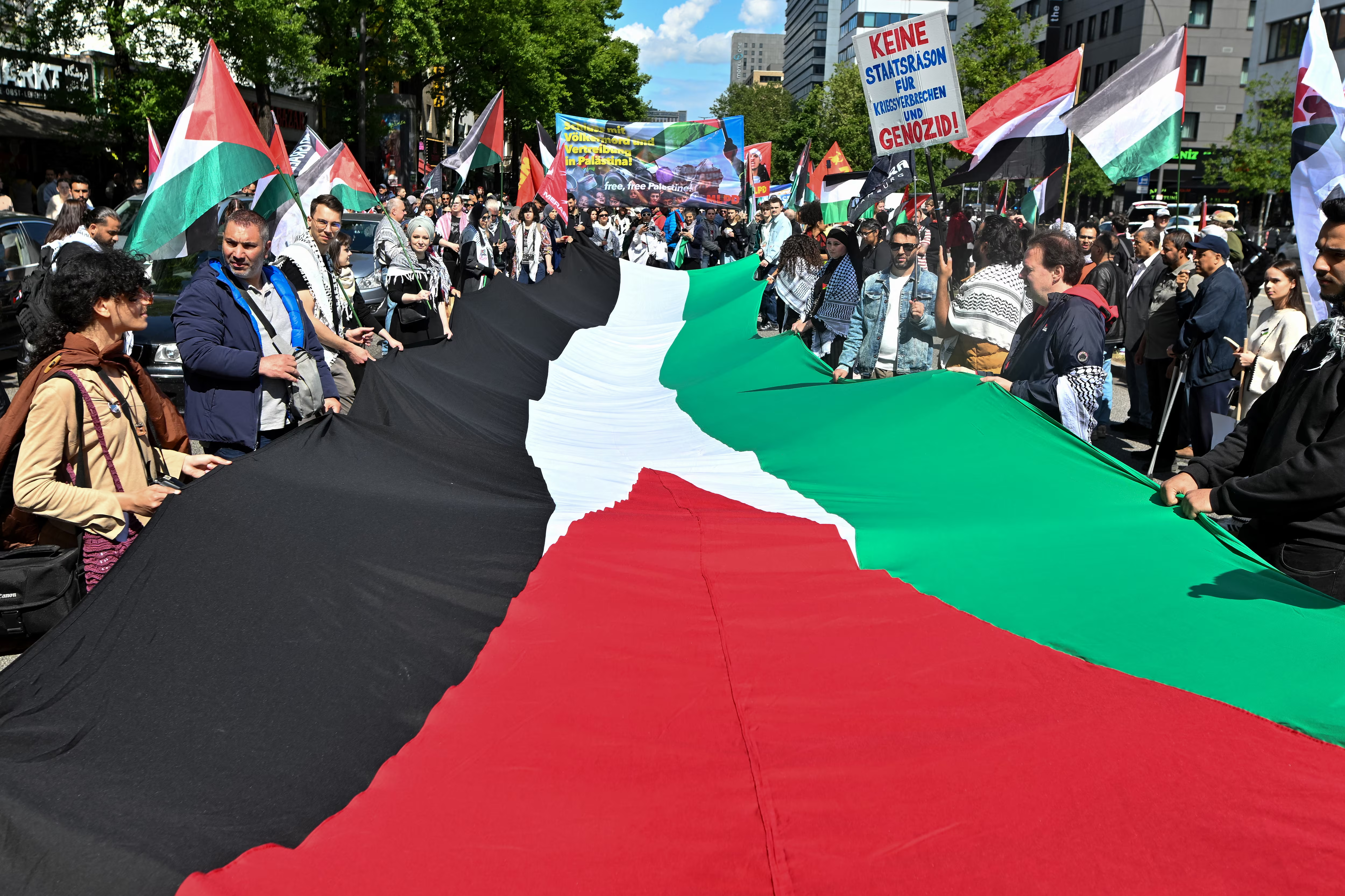
Israel’s Strong Opposition
Israeli Prime Minister Benjamin Netanyahu firmly rejects a Palestinian state, citing national security and fears of Hamas dominance. In a rare press conference, he dismissed recognition efforts as “shameful” and vowed Israel would “not commit national suicide” for diplomatic optics.
Israel’s parliament, the Knesset, overwhelmingly passed a resolution rejecting Palestinian statehood, warning it would become a “radical Islamic terror base” aligned with Iran.
“Most of the Jewish public is against the Palestinian state for the simple reason that they know it won’t bring peace. It’ll bring war,” Netanyahu asserted.
US and Allied Responses
The United States remains the most significant holdout. Traditionally, Washington has opposed Palestinian UN membership, insisting statehood should result from negotiations with Israel. In April 2024, the US vetoed a Security Council resolution to admit Palestine as a full UN member despite 12 votes in favour.
US officials have criticised the UK, France, and Canada for “rewarding Hamas,” with Secretary of State Marco Rubio calling the move “irrelevant.”
Germany, Italy, and Japan also remain opposed — though Germany has notably suspended arms exports to Israel over its Gaza military operations.
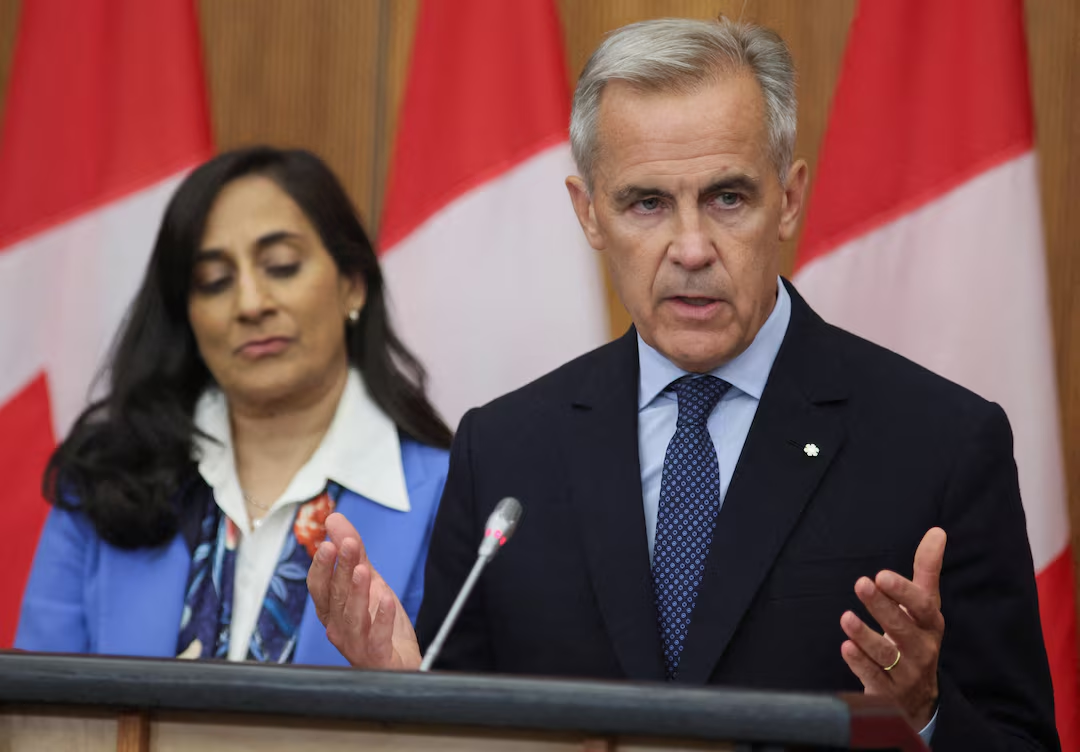
The Two-State Solution and the UN’s New York Declaration
International consensus still views a two-state solution — with Palestine in the West Bank, Gaza, and East Jerusalem alongside Israel — as the only path to lasting peace. At a UN conference in July 2025, co-chaired by France and Saudi Arabia, 125 countries endorsed the “New York Declaration,” a phased plan to end the Gaza war and establish a Palestinian state under the PA.
The plan demands Hamas’s disarmament and governance transfer to the PA, but public distrust in the PA’s leadership, allegations of corruption, and President Mahmoud Abbas’s extended tenure pose significant obstacles.
Challenges Ahead
Despite the symbolic and diplomatic power of recognition, practical hurdles remain:
-
Internal Palestinian politics: The PA’s lack of legitimacy among Palestinians could undermine its ability to lead a new state.
-
Israeli resistance: Israel’s military control and settlement expansion in the West Bank complicate statehood prospects.
-
US veto power: Without US approval, Palestine cannot gain full UN membership.
-
Hamas factor: The presence and influence of Hamas remain central concerns for many recognising nations.
The current wave of recognition for Palestine marks the most significant diplomatic movement on the issue in decades. While largely symbolic in immediate terms, the decisions by Australia, France, the UK, and Canada — alongside 147 other nations — are reshaping the geopolitical landscape and signalling growing impatience with the status quo.
Whether this momentum leads to tangible change depends on several factors: Palestinian political reforms, Israeli willingness to negotiate, and shifts in US policy. For now, the world is watching as September 2025 approaches — a month that could define the next chapter in the century-long Israeli-Palestinian conflict.
With inputs from agencies
Image Source: Multiple agencies
© Copyright 2025. All Rights Reserved. Powered by Vygr Media.

